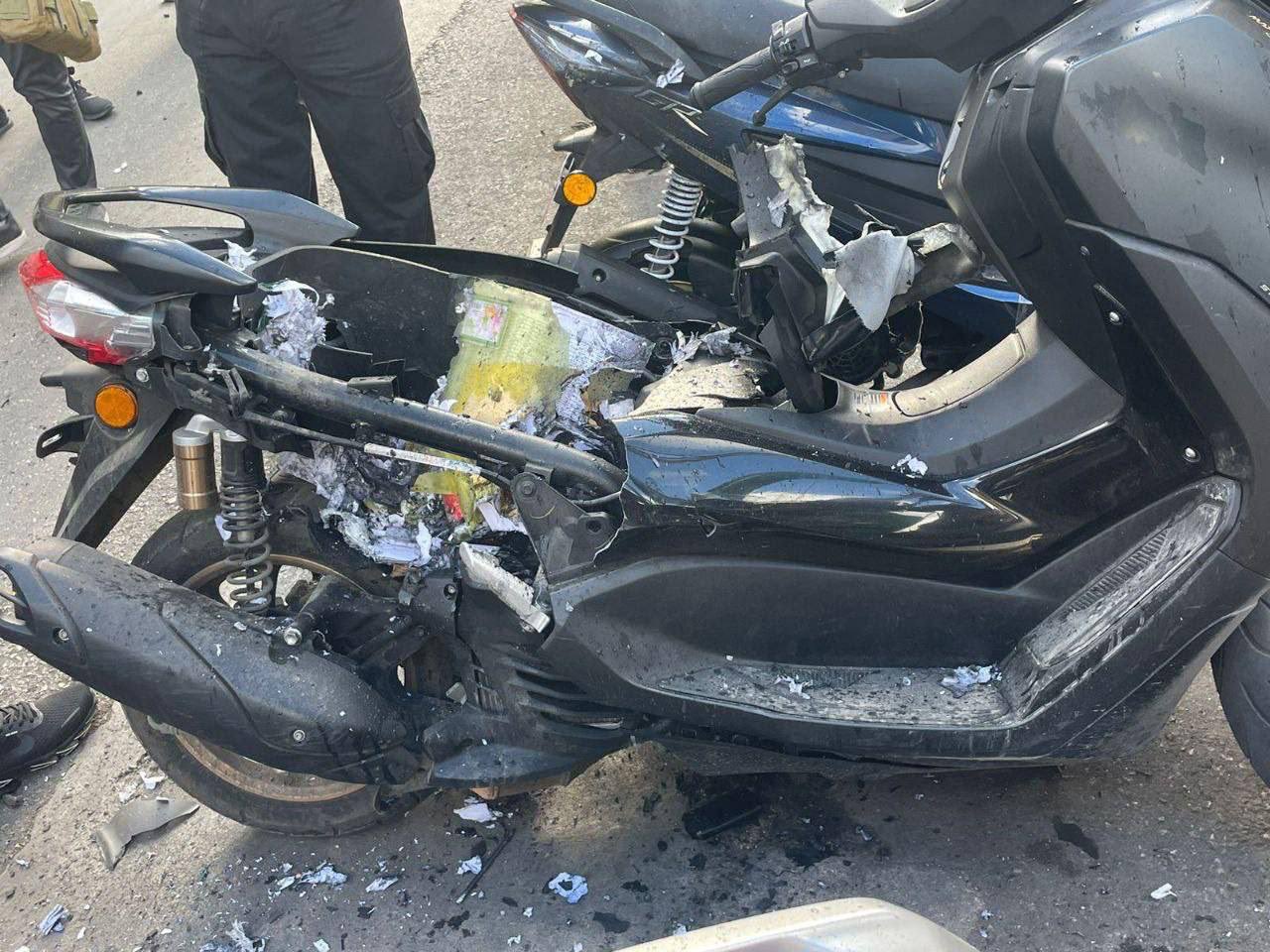In a serious escalation of tensions, a series of simultaneous explosions occurred across Lebanon on Wednesday, involving walkie-talkies used by Hezbollah, the paramilitary group. The blasts are believed to be part of an ongoing Israeli sabotage operation, which allegedly began on Tuesday when a similar incident claimed 12 lives and left thousands injured.
According to initial reports from Lebanese media, including the National News Agency, at least three individuals were killed in Wednesday’s explosions. The al-Hadath TV network provided a higher toll of injuries, estimating that at least 100 people were affected. A Lebanese security official, speaking to Reuters, confirmed that the explosions involved handheld radios commonly used by Hezbollah members. These blasts were not limited to Beirut but also occurred across southern Lebanon, a region under Hezbollah’s control.
Laptops, phones, doorbells, mopeds, and walkie-talkies are exploding in Lebanon, creating absolute terror among civilians. https://t.co/6KvVhWuICr pic.twitter.com/SDN2LVXC3C
— Russian Market (@runews) September 18, 2024
One of the most notable incidents on Wednesday occurred during a funeral procession for four people who had perished the previous day. The four individuals had died when their pagers detonated, in an earlier explosion linked to the same operation, according to Reuters.
The previous day’s explosion on Tuesday was far more devastating. At least 12 people, including two children, were killed, and over 3,000 were injured when pagers, considered a low-tech but secure method of communication, unexpectedly exploded. Lebanese security authorities attributed these detonations to Israel’s Mossad intelligence agency. This claim was supported by both American and Israeli sources who told Axios that Mossad had, in fact, rigged the pagers to explode several months earlier.
Mossad’s intention was reportedly to use the explosive devices in case of an all-out conflict with Hezbollah. However, as one U.S. official told *Axios*, “They decided to detonate them earlier, fearing that the explosive charges could be discovered.”
Further investigations revealed that the radios that exploded on Wednesday had been purchased at the same time as the pagers involved in Tuesday’s deadly incidents. A security source told Reuters that the walkie-talkies were procured in bulk, a factor that ties Wednesday’s explosions directly to the previous day’s sabotage.
The destruction caused by these blasts was widely shared on social media, with video footage depicting vehicles torn apart and fires blazing at several explosion sites.
Hezbollah’s actions in recent months have been part of an ongoing low-intensity military campaign against Israel. This campaign began after the Israel Defense Forces (IDF) started bombing Gaza nearly a year ago. Hezbollah’s leader, Hassan Nasrallah, has openly stated that the group’s efforts are designed to keep Israeli forces occupied near the Israel-Lebanon border. However, incidents like Tuesday and Wednesday’s explosions have heightened concerns that the region could be on the brink of full-scale war.
In response to Wednesday’s incidents, Hezbollah issued a strongly worded statement, accusing Israel of responsibility: “We hold the Israeli enemy fully responsible for this criminal aggression.”
Shortly after this statement, Hezbollah retaliated by launching a barrage of rockets at Israeli military positions. This occurred only hours before the explosion of their radios, further escalating the situation.

















